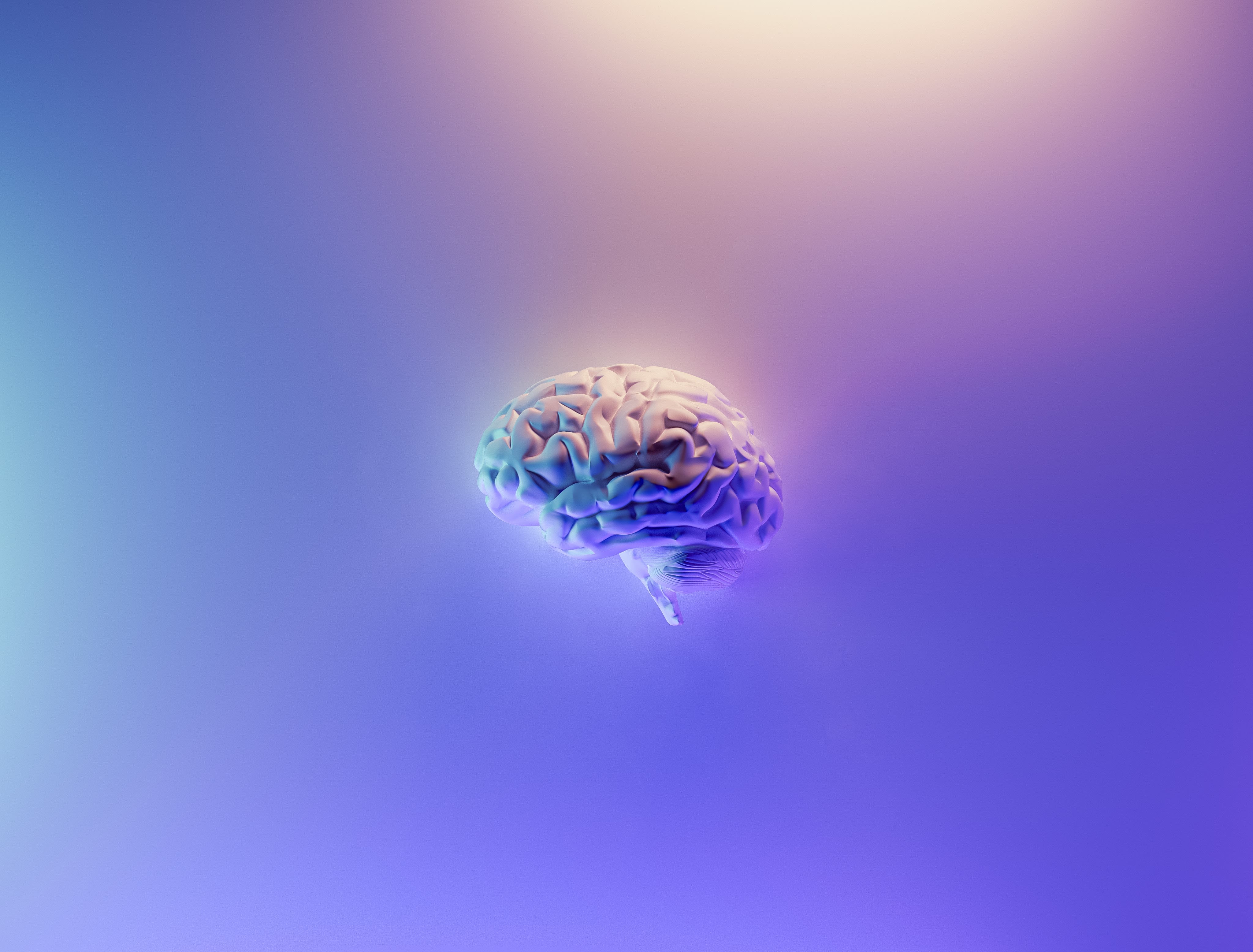Brain Science:
Studying How the Brain Affects Behaviour

The human brain, a marvel of biological engineering, orchestrates every aspect of our behaviour, thoughts and emotions. Understanding the intricate ways in which the brain influences behaviour has fascinated scientists for centuries. Today, advancements in brain science, or neuroscience, are unveiling the complex mechanisms that govern our actions, moods and cognitive functions. This article explores the intersection of brain science and behaviour, highlighting key discoveries and their implications for mental health, education and society.
The Brain-Behaviour Connection
Behaviour is the manifestation of neural activity. Neurons, the brain's fundamental units, communicate through electrical impulses and chemical signals, forming networks that underpin every thought, sensation and action. Different brain regions specialise in various functions: the frontal lobes are crucial for decision-making and social behaviour, the amygdala processes emotions and the hippocampus is vital for memory formation.
Neurotransmitters: The Brain's Messengers
Neurotransmitters are chemicals that transmit signals across synapses, the gaps between neurons. Dopamine, serotonin and glutamate are among the key neurotransmitters that influence behaviour. Dopamine, often associated with pleasure and reward, plays a significant role in motivation and addiction. Serotonin affects mood, sleep and appetite, with imbalances linked to depression and anxiety. Glutamate, the primary excitatory neurotransmitter, is essential for learning and memory.
Brain Plasticity: The Dynamic Brain
One of the most groundbreaking discoveries in neuroscience is brain plasticity—the brain's ability to reorganise itself by forming new neural connections throughout life. This adaptability is crucial for learning, recovery from brain injuries and the development of new skills. Neuroplasticity challenges the notion of a static brain, showing that our experiences can shape and rewire neural pathways, influencing behaviour and cognitive abilities.
Techniques for Studying the Brain
Advances in technology have revolutionised our ability to study the brain. Techniques such as functional magnetic resonance imaging (fMRI), electroencephalography (EEG), and positron emission tomography (PET) allow scientists to observe brain activity in real-time and with remarkable precision.
Functional Magnetic Resonance Imaging (fMRI)
fMRI measures brain activity by detecting changes in blood flow. When a brain region is more active, it consumes more oxygen, increasing blood flow to that area. fMRI provides insights into which parts of the brain are involved in specific tasks, from solving math problems to experiencing emotions.
Electroencephalography (EEG)
EEG records electrical activity in the brain using electrodes placed on the scalp. It is particularly useful for studying brainwave patterns and diagnosing conditions like epilepsy. EEG's high temporal resolution makes it ideal for tracking the brain's rapid responses to stimuli.
Positron Emission Tomography (PET)
PET scans use radioactive tracers to visualise metabolic processes in the brain. This technique is valuable for studying neurotransmitter activity and detecting abnormalities associated with neurological disorders such as Alzheimer's disease.
The Impact of Brain Science on Society
Understanding how the brain affects behaviour has profound implications for various fields, including mental health, education and criminal justice.
Mental Health
Advances in brain science are transforming the treatment of mental health disorders. Research into the neural underpinnings of conditions like depression, schizophrenia and autism has led to more effective therapies. For instance, deep brain stimulation (DBS), which involves implanting electrodes in specific brain regions, has shown promise in alleviating severe depression and obsessive-compulsive disorder.
Education
Neuroscience is also influencing educational practices. Insights into how the brain learns can inform teaching methods, leading to more effective educational strategies. For example, understanding the role of attention and memory in learning can help develop techniques that enhance student engagement and retention of information.
Criminal Justice
The field of neurocriminology examines the neurological and genetic factors that may predispose individuals to criminal behaviour. While the ethical implications are complex, this research could lead to more nuanced approaches to rehabilitation and crime prevention.
The Future of Brain Science
The future of brain science holds exciting possibilities. Emerging fields such as neuroethics, which explores the ethical dimensions of neuroscience and brain-computer interfaces (BCIs), which aim to create direct communication pathways between the brain and external devices, are pushing the boundaries of what we can achieve.
As we continue to unravel the mysteries of the brain, we move closer to a deeper understanding of the human condition. The interplay between brain science and behaviour not only enriches our knowledge but also holds the promise of improving lives in ways previously unimaginable.
The study of how the brain affects behaviour is a dynamic and rapidly evolving field. With each discovery, we gain a clearer picture of the intricate dance between neural activity and human actions. The insights gleaned from brain science have the potential to revolutionise how we approach mental health, education and societal issues, ultimately enhancing our ability to foster a healthier, more understanding world.



